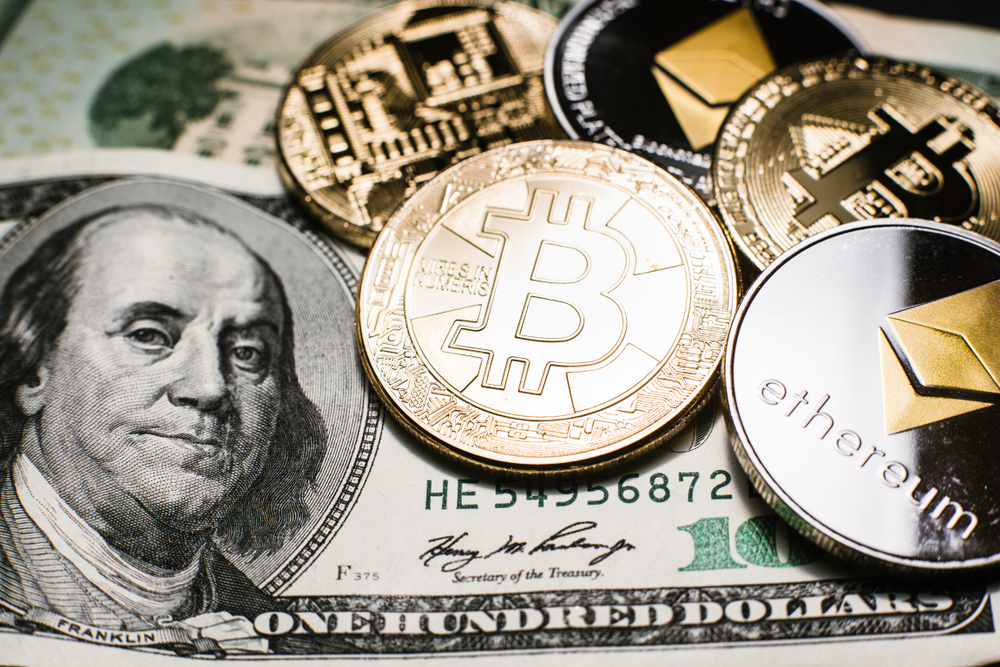Sino Global Capital, an Asian Cryptocurrency investment company, was in large possession of the majority of the tokens affected by the FTX crash and suffered grave loss of funds. Additionally connected to Sino Capital, FTX was a significant partner in a fund Sino Capital raised.
Sino Capital Suffers Great Loss After FTX Crash
The popular Asian cryptocurrency company, Sino Global Capital, headed by Matthew Graham, tweeted about its brutal exposure to the FTX crash, in which it lost a staggering amount of money in seven digits.
However, this tweet raised concerns about the firm’s vulnerability to the FTX crash. A total of $120 million in digital tokens, the majority of which were SOL tokens, was exposed to and impacted by the FTX crash.
A slide deck showed that Sino Global Capital embarked on a fundraising venture previously with a total target margin of over $150 million, which is what brought attention to this issue. This document was uploaded to the company website.
The project was able to meet its $90 million goal as of January thanks to FTX, who was mentioned in this document as a partner in the fund-raising effort.
More Solana tokens and other digital assets were included in Sino’s investments, which were all transparently disclosed. As the FTX crash occurred and Sam Bankman Fried filed for bankruptcy, the value of these tokens fell by 80%.
However, it is unclear whether Sino still has ownership rights over the $90 million it acquired during the fundraising or how much the Sino firm actually owns right now.
What will Happen If Sino Dumps On the Market?
Furthermore, because Sino Capital was directly impacted by the FTX crash, it is uncertain why this firm has not suffered liquidation. However, this raises questions about the value of the tokens still held in the firm if Sino decides to dump them on the market.
Since the remaining firm’s tokens are so infrequently traded, the majority of investors would almost certainly ignore them, signalling the fall of the token and possibly the underlying blockchain network.
A blockchain analyst from Dappradar, however, suggested that it’s possible they haven’t moved to sell all of those tokens because the company currently lacks the liquidity to do so. Going on to say that if the company is willing to use its personal liquidity to make up for the insufficient liquidity to sell off and dump these tokens on the market, then this might eventually be feasible.
If this goes through, market prices would experience a significant decline that would severely shake the cryptocurrency market.
